Mozambique: Foreign minister attends Non-Aligned Movement Meeting in Kampala, Uganda
Do Mozambican parties need permission to hold a demonstration?
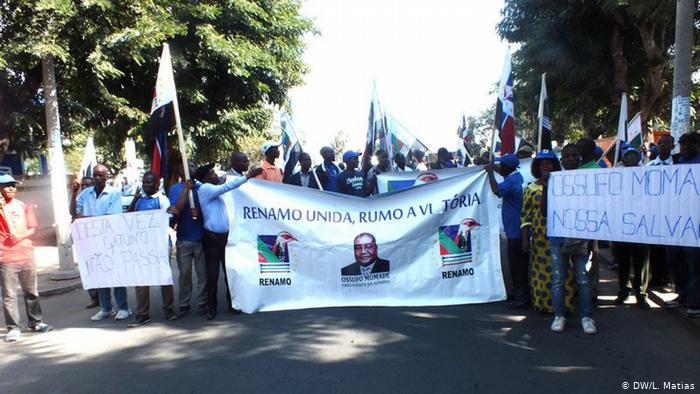
Renamo's expression of support for new leader Ossufo Momade (file photo)
This is a question that often comes up in Mozambique Should party demonstrations and meetings need to be authorised by the authorities? Renamo in Cabo Delgado says it usually faces several problems.
The Cabo Delgado delegate of Mozambique’s largest opposition party, the Mozambican National Resistance (Renamo), accuses local authorities of routinely trying to prevent the party’s activities in the province.
Manuel Alex points out several occasions when Renamo activities were blocked in recent months,
“On June 14, in Quissanga district, we had a rally that was going to be led by the provincial mobilisation chief, but the police force showed up in full force to stop it, allegedly because there had been no permission [granted],” he told DW.
“The same thing happened in Metuge [on 20 July]. A village chief tried to prevent a meeting without any justification. And we recorded similar incidents in Namuno, where the administrator herself says that a meeting could not be held in the public space in the village headquarters, allegedly because she had not authorised it,” he adds.
In February, Renamo supporters tried to march in the city of Pemba to celebrate the election of Ossufo Momade as party president, but were again barred from doing so by police authorities.
The police declined DW’s request for comment, but a source from the Provincial Police Command of the Republic of Mozambique in Cabo Delgado said that it was not for the corporation to prohibit meetings or demonstrations, although such demonstrations must be authorised by competent authorities.
What does the law say?
The Constitution of the Republic of Mozambique provides, in Article 51, that “all citizens have the right to freedom of assembly and demonstration”. And Law No. 9/91 of July 18 regulates this right: “Demonstration does not require any authorisation under the law. All citizens may freely and peacefully exercise their right of assembly and demonstration without any need for authorisation,” lawyer António Júnior explains.

However, what is needed is to inform the authorities that a meeting or demonstration will take place, says jurist Arlindo Muririua. “In principle, they should indicate the day, the route they will follow, write to the PRM commands [informing them] that a demonstration will take place – not in order to be repressed, but so that the police can ensure its safety,” he says.
According to the law, only demonstrations that violate public law, morals, order and tranquillity – or that may “offend the honour and consideration due to the Head of State and to the holders of state organs” are prohibited – “notwithstanding the right to criticise”.
Lawyer Tomás Vieira Mário is categroical: “Any barring of the demonstration must be substantiated. For example, for security reasons. Example: ‘Today in the city there will be works on the road and there are no conditions for you to demonstrate’. There can be no reason other than that.”
Renamo: Authorities are unaware of the law
Renamo’s provincial political delegate in Cabo Delgado, Manuel Alex, says the authorities have been barring the party’s activities out of sheer ignorance of the law.
“Law enforcement should be empowered and better informed, because the law is clear, and we all have to comply with it,” he advocates.


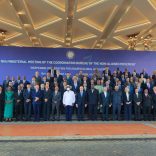

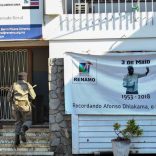
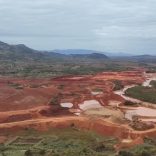

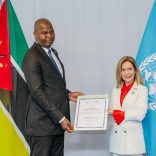




Leave a Reply
Be the First to Comment!
You must be logged in to post a comment.
You must be logged in to post a comment.